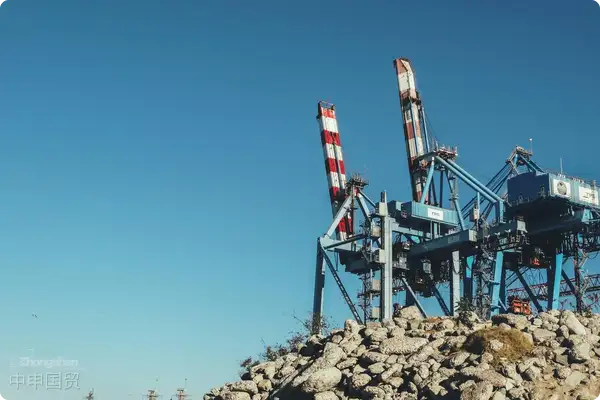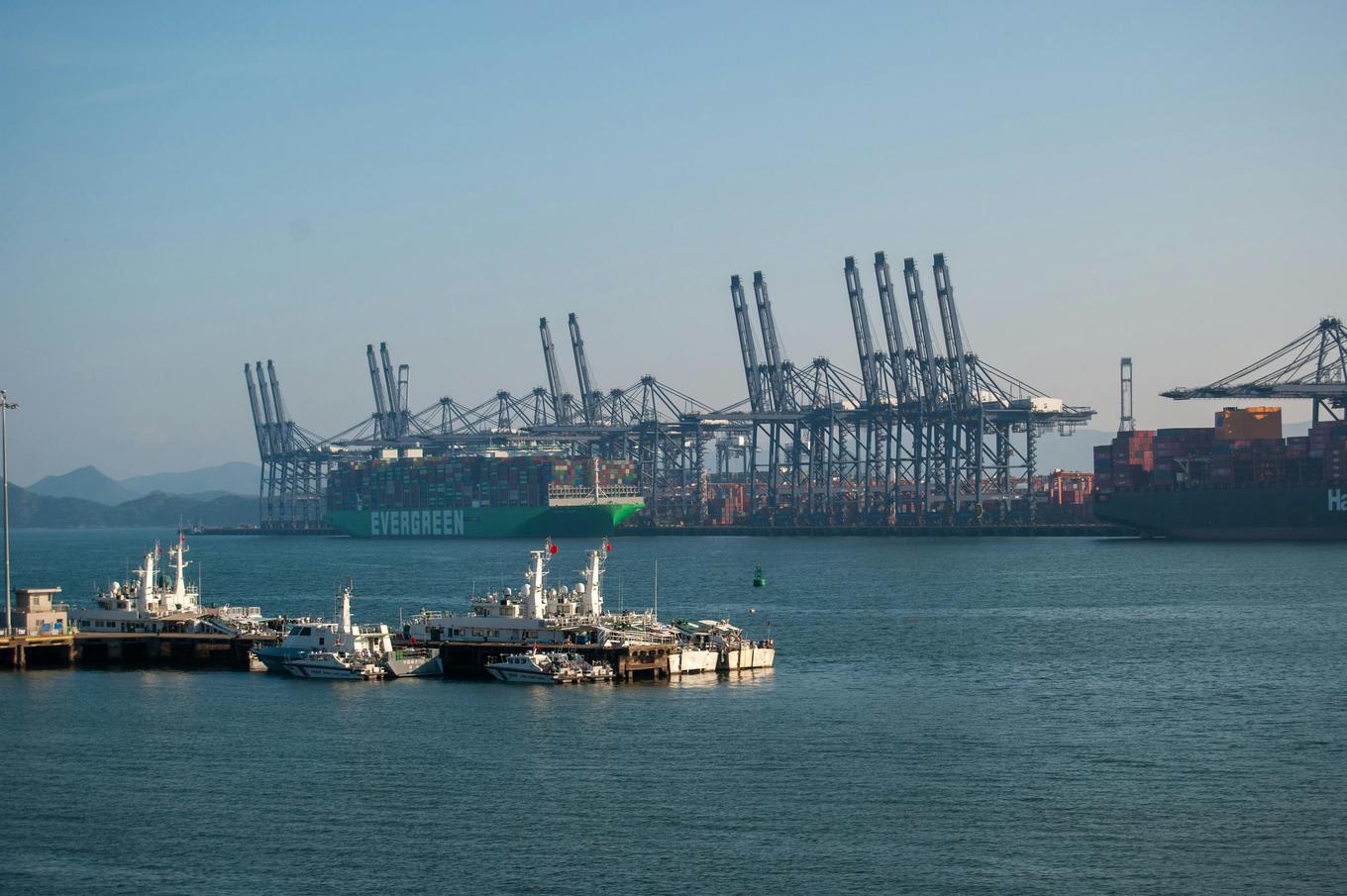- Shanghai Zhongshen International Trade Co., Ltd. - Two decades of trade agency expertise.
- Service Hotline: 139 1787 2118

Introduction: The Allure of Japans Household Textile Market
As a major economy in Asia, Japan boasts a vast and diverse household textile market. With consumers increasingly pursuing higher living standards, imported household textiles enjoy broad prospects in the Japanese market. For enterprises looking to venture into importing household textiles to Japan, selecting professionalforeign tradeagency services is crucial. Next, we will delve into key considerations.
Professional document processing and logistics arrangements
When importing household textiles to Japan, documentation processing is fundamental yet critical. First is the Commercial Invoice, which details product descriptions, quantities, values, and other information, serving as essential evidence for customs valuation and taxation. OurZhongShen International Tradeprofessional documentation team ensures invoice accuracy and compliance with Japanese customs requirements. The Packing List is equally important, clearly listing itemized contents of each package for customs inspection and logistics verification.
Regarding the Bill of Lading, which serves as proof of ownership of goods, we select the appropriate type (e.g.,Maritime TransportationBill of lading,Air TransportationBill of Lading) based on transportation methods. We ensure consistency between the bill and other documents to avoid discrepancies that could cause delays. When handlingIt is recommended to verify through the following methods:the Certificate of Origin, we leverage Japans preferential policies for different origins to help clients reduce import costs.
For logistics arrangements, we select suitable transportation methods based on cargo weight, volume, and delivery timelines. For large shipments with flexible deadlines, ocean freight offers cost-effectiveness. We maintain long-term partnerships with major shipping companies to secure competitive rates and space. For urgent samples or small batches, air freight ensures rapid delivery. Upon arrival at Japanese ports, we promptly arrange customs clearance to expedite market entry.
Russian Market & VTBFX Settlement AgencyAdvantages
While our focus is on importing household textiles to Japan, our company also has extensive experience in the Russian market, particularly its VTB foreign exchange settlement advantages. In international trade, secure and efficient foreign exchange settlement is vital. For Russian transactions, using VTB Bank offers significant conveniences.
As a key Russian financial institution, VTB Bank has a robust domestic settlement system. For example, after delivering household textiles to Russia and obtaining relevant documents, sellers submit them to our partner banks, which then forward them to VTBs Russian branches. After verification, VTB remits payment to the sellers domestic account at agreed exchange rates. This method reduces intermediaries, mitigates exchange rate risks, improves efficiency, and ensures timely fund recovery.
Southeast Asian Marketimport and exportProcess and Solutions
Southeast Asia has grown increasingly important in international trade. Importing household textiles from Southeast Asia to Japan begins with market research and supplier vetting. Different Southeast Asian countries offer distinct advantages—for instance, Vietnams rapidly growing textile industry provides cost-effective products. Supplier evaluations should cover production capacity, quality, and credibility.
Contract signing is critical, with clear terms on specifications, quantity, pricing, delivery timelines, and payment methods. Common payment methods includeL/CLetter of Credit (L/C), a bank-guaranteed instrument that safeguards both parties. The buyers issuing bank opens an L/C, and the seller receives payment upon submitting compliant documents.
Post-production, we arrange shipping—primarily ocean freight from Southeast Asia to Japan. Pre-shipment customs procedures require submitting invoices, packing lists, and bills of lading for declaration. Japanese customs then inspect and tax the goods. Risk mitigation includes quality inspection clauses and real-time shipment tracking.
The current international trade landscape is volatile. Rising protectionism—tariffs, technical barriers—increases costs and market entry hurdles for Japanese household textile imports. Stricter standards (e.g., chemical content, eco-friendliness) demand additional compliance efforts.
Challenges and Opportunities in the Current International Trade Landscape
Yet opportunities abound. E-commerce expansion allows direct-to-consumer sales in Japan, boosting profits. Regional cooperation (e.g., RCEP) enhances trade facilitation in Asia-Pacific, lowering tariffs and benefiting Southeast Asia-to-Japan textile imports.
Product certifications are indispensable for Japanese household textile imports. Japan enforces strict quality and safety standards, such as restrictions on harmful substances (e.g., azo dyes).
Key points related to product certification services
While we dont directly handle certifications, we assist clients with processes like JIS certification (Japanese Industrial Standards), Japans most authoritative national standard. We guide documentation preparation and liaise with certifiers to ensure smooth market entry.
Importing household textiles to Japan presents both opportunities and challenges. Professional trade agencies like ZhongShen International, with expertise in documentation, logistics, market insights, foreign exchange advantages, and certification support, empower businesses to navigate complexities and succeed in Japans textile market.
Conclusion
Japans imported home textile business is full of opportunities and challenges. Choosing professional foreign trade agency services like ZhongShen International Trade, with professional document processing, logistics arrangement capabilities, deep understanding of different markets and foreign exchange advantages, plus assistance with product certification, can help companies smoothly conduct business in the complex international trade environment and develop the Japanese home textile market.
Related Recommendations
? 2025. All Rights Reserved. Shanghai ICP No. 2023007705-2  PSB Record: Shanghai No.31011502009912
PSB Record: Shanghai No.31011502009912










